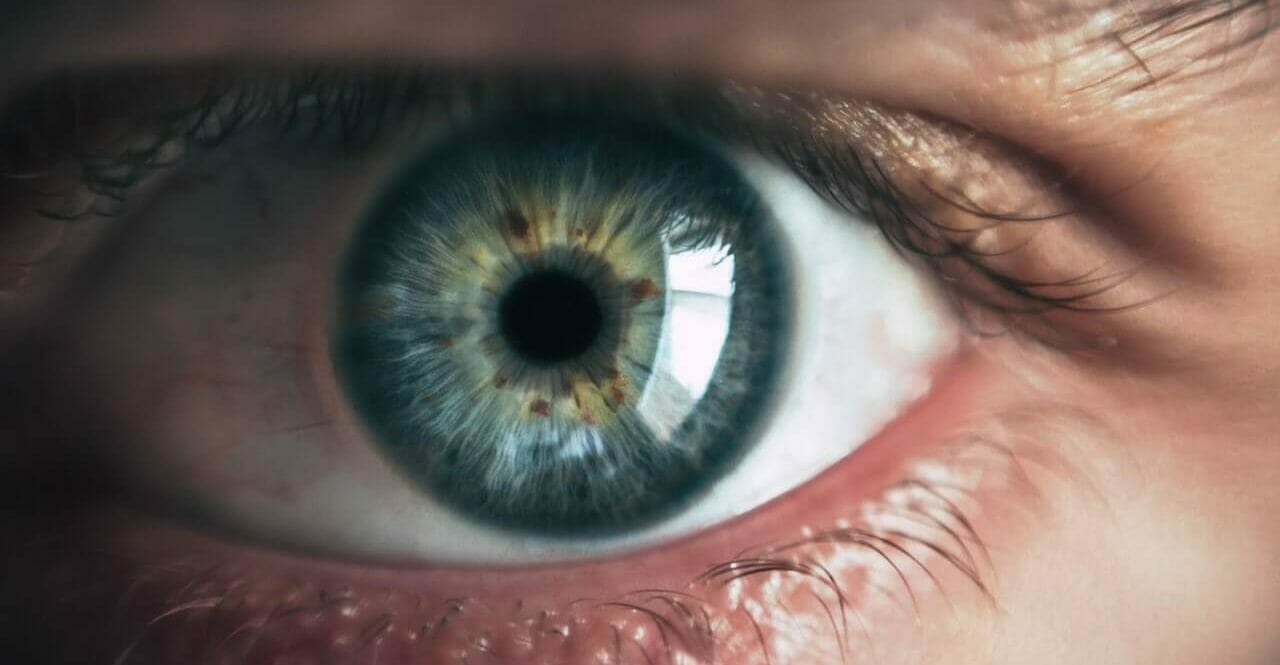Stay informed about AMD
It is important to understand your condition and know what to expect as it progresses. Our low vision optometrist can provide you with information about your specific case, what are some of the challenges that may occur and why, and help you understand your options for improving your vision and managing your condition.
There is nothing more traumatic than sudden changes in vision, it is important to fully understand the changes and how to best live with them.
Use low vision devices for AMD
There are many low vision devices that are available that can help you see better and perform daily activities with greater ease. These may include magnifiers, special glasses, filtered lenses, and adaptive computer software. Our low vision optometrist and therapist can help you choose the right aids for your needs.
Seek support from government, non-profit, and medical resources
Coping with vision loss can be emotionally and physically challenging. It is important to seek support from friends, family, and support groups. Our eye doctor may also be able to refer you to a counselor or support group in your area. Having the support from a low vision optometrist is an important member of your care team..
Stay active
Regular physical activity can help you maintain your physical and mental health. It is important to find activities that you enjoy and that are within your capabilities.
Make your home and workplace accessible
There are many changes you can make to your home and workplace to make them more accessible and safe. These may include installing bright lighting, using contrasting colors, and removing tripping hazards. Our eye doctor or a low vision rehabilitation specialist can provide you with more specific recommendations.
Keep a healthy lifestyle
Maintaining a healthy lifestyle can help you manage your condition and reduce your risk of other health problems. This includes eating a healthy diet, exercising regularly, not smoking, and managing any chronic conditions you may have.
If you or a loved one is coping with vision loss due to macular degeneration, it is important to work closely with our low vision optometrist. Our low vision optometrist can provide you with the necessary care and support to manage your condition and maintain your quality of life.












